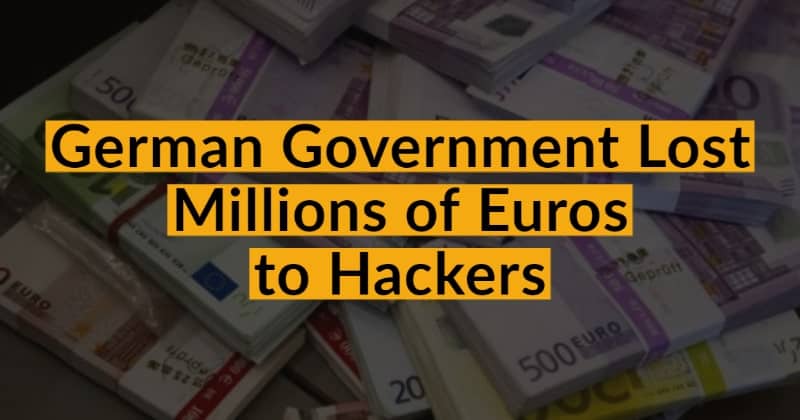In this pursuit, North Rhine-Westphalia (NRW), a state of Germany has made up a website to disburse financial grants to those citizens affected. But, without any verification! This led hackers to craft a clone site and redirect the government aids to them on behalf of original citizens!
A Stupid Procedure?
Many experts and authorities have long been warning about potential Cyberattacks leveraging the pandemic. Attacks as ransomware on hospitals, phishing attacks, etc are increasing daily and urging users to be careful of their online moves. But, what if the government itself is awful in cybersecurity! Germany’s North Rhine-Westphalia (NRW) state has followed a grave procedure to lose millions of euros. The NRW state government has decided to send money to those affected citizens due to Coronavirus, and its breakout. While there were about 380,000 people requested for aid, the government agreed for about 360,000 requests and decided to wire them money as a relief. But, here’s the catch. NRW announced it would make a website and let people fill request details in it to receive the grant. And even before citizens, hackers responded to this call and crafted a similar site of NRW’s original aid page. Then, the cloned page was sent to all citizens to steal their banking details and present them to NRW on behalf of original citizens. And when NRW approved wire transfers to eligible accounts, hackers switched the original accounts with their accounts! This led millions of euros to be stolen. According to the government, aid payments are varied between €9,000 to €25,000 based on the requested party. The hack has resulted in more than 3,500 to be bluffed as such, and the money lost was estimated to be between €31.5 million to €100 million! While other state governments in Germany were asking citizens to either uploading scanned documents or to download a form and post the filled form, NRW is the only government processing payments without any verification. Many have reported to the police and an investigation is still going on. While the site was taken down after fraud detection, it’s now live again. Via: ZDNet

